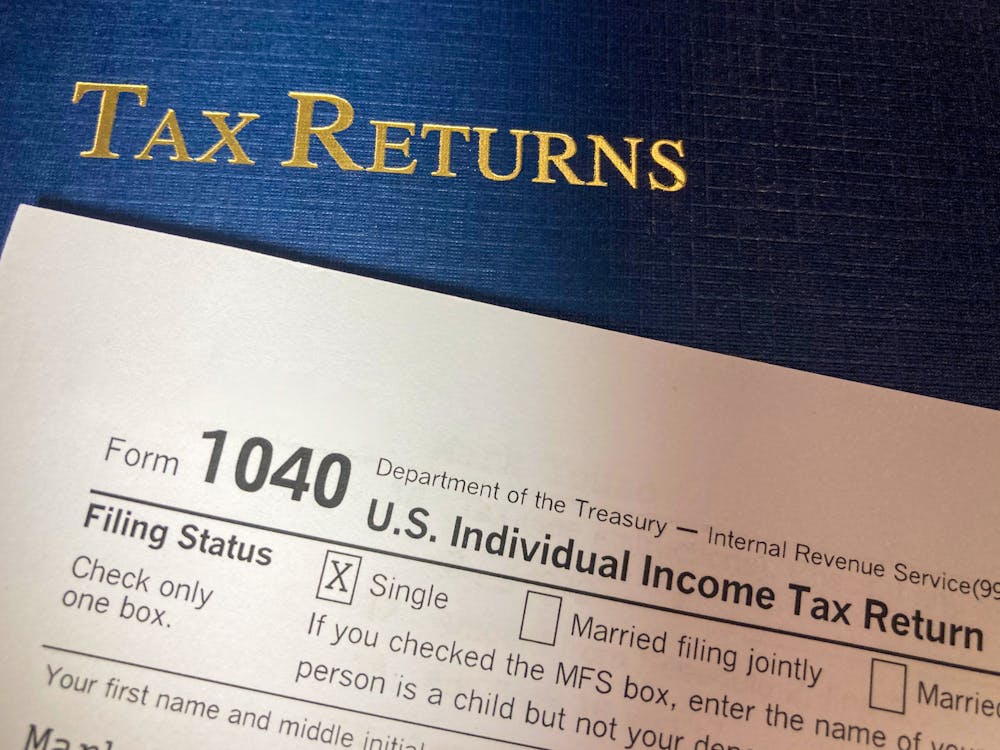
Navigating Financial Regulations: How Accountants Ensure Compliance and Mitigate Risks
Table of Contents
Introduction:
In the ever-evolving financial landscape, individuals and businesses face numerous challenges when it comes to complying with financial regulations. For the best north wales accountants in, ensuring compliance and mitigating risks for their clients is a top priority. In this article, we will explore the vital role that accountants play in navigating financial regulations, providing insights into the strategies they employ to ensure compliance and help individuals and businesses mitigate potential risks.
Understanding Regulatory Frameworks:
Accountants are well-versed in the complex web of financial regulations that govern various industries and sectors. They stay updated with changes in legislation, including those related to taxation, financial reporting standards, and data protection, such as the General Data Protection Regulation (GDPR). By understanding the regulatory frameworks, accountants can guide their clients in adhering to the latest requirements, avoiding penalties, and maintaining good standing with regulatory bodies.
Risk Assessment and Compliance:
Accountants play a crucial role in assessing the financial risks faced by their clients. They conduct risk assessments to identify potential areas of non-compliance and vulnerability. Through detailed analysis of financial records, transactions, and internal control systems, accountants can identify gaps and recommend measures to ensure compliance. They work closely with businesses and individuals to implement internal controls, policies, and procedures that mitigate risks and foster a culture of compliance.
Financial Reporting Standards:
Adhering to financial reporting standards is essential for businesses, ensuring accurate and transparent reporting of financial information. Accountants possess expert knowledge of accounting frameworks such as the International Financial Reporting Standards (IFRS) or UK Generally Accepted Accounting Principles (UK GAAP). They assist clients in preparing financial statements that meet the required standards, providing stakeholders with reliable information for decision-making. Compliance with financial reporting standards helps enhance transparency, build trust, and strengthen the overall financial health of businesses.
Data Protection and Cybersecurity:

In an era where data breaches and cyber threats are on the rise, protecting sensitive information is of utmost importance. Accountants help individuals and businesses safeguard their data and comply with data protection regulations, including the GDPR. They ensure proper data handling, storage, and processing practices to prevent unauthorised access and protect client confidentiality. Accountants also stay informed about emerging cybersecurity threats, assisting clients in implementing robust security measures to mitigate risks and ensure data integrity.
Internal Audits and Controls:
To strengthen internal processes and identify potential risks, accountants conduct internal audits. These audits assess the effectiveness of internal controls, identify control weaknesses, and provide recommendations for improvement. By evaluating financial systems, operational procedures, and risk management practices, accountants help businesses streamline processes, reduce the likelihood of errors and fraud, and enhance overall efficiency. Regular internal audits not only ensure compliance but also contribute to the long-term sustainability and success of business services in relation to your business.
Professional Development and Ethical Standards:
Accountants uphold professional standards and ethical practices to maintain the trust and confidence of their clients and the public. They adhere to the codes of conduct set by professional bodies such as the Association of Chartered Certified Accountants (ACCA) or the Institute of Chartered Accountants in England and Wales (ICAEW). Accountants engage in continuous professional development to stay updated with evolving regulations, technologies, and best practices. This commitment to ongoing learning and ethical conduct ensures that accountants provide high-quality services while maintaining the integrity of the profession.
Conclusion:
Accountants in the UK play a critical role in helping individuals and businesses navigate financial regulations. By understanding the regulatory frameworks, conducting risk assessments, ensuring compliance with financial reporting standards, safeguarding data, improving internal controls, and upholding professional ethics, accountants assist their clients in maintaining compliance, mitigating risks, and achieving long-term financial success.


